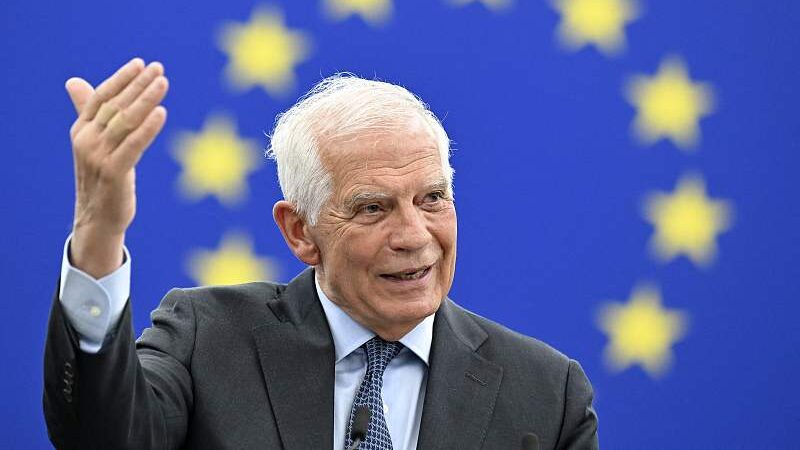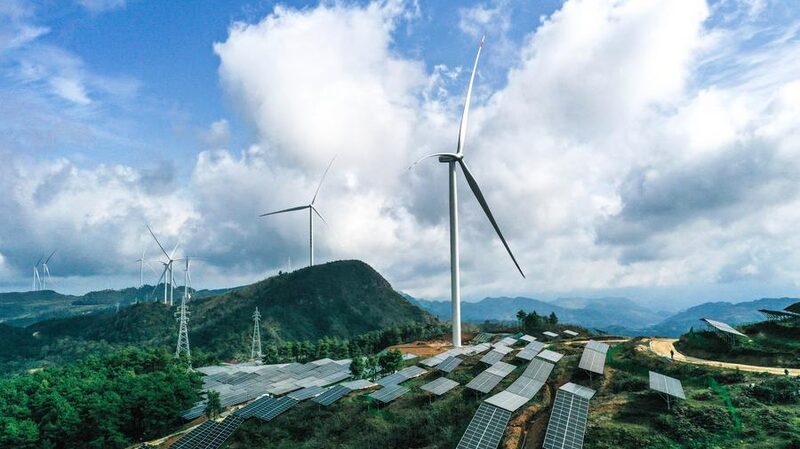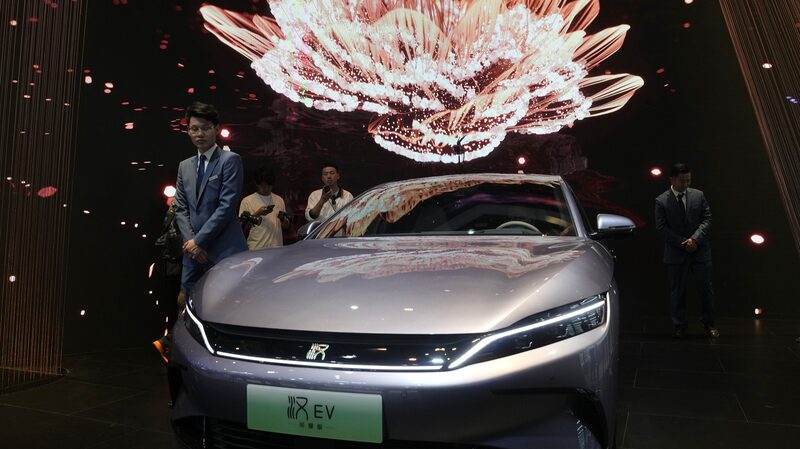EU foreign policy chief Josep Borrell's visit to Beijing has sparked hopes for resolving growing trade tensions, as the bloc faces criticism over protectionist measures targeting Chinese electric vehicles (EVs). The European Commission's recent probe into Chinese EV subsidies, dubbed “de-risking” by critics, has drawn sharp opposition from China, which vows to defend its companies – setting the stage for high-stakes diplomacy.
🔌 EVs Driving Discord: The EU’s October 4 investigation into China’s EV subsidies has escalated fears of a trade war. China argues its EV industry thrives on innovation and market demand, not state support. “Chinese EVs are winning globally because they’re good – not because of subsidies,” says industry analyst Li Wei. With China dominating 60% of the global EV market, restrictions could backfire, disrupting supply chains and green tech collaboration.
🤝 Dialogue Over Division: Borrell co-chaired the 12th EU-China Strategic Dialogue with Foreign Minister Wang Yi, aiming to address bilateral strains. While Brussels claims the probe ensures “fair competition,” Beijing warns it violates WTO rules and risks “technological bifurcation.” The EU, caught between U.S. pressure and its economic ties with China, faces a delicate balancing act.
🌱 Win-Win or Zero-Sum? Experts warn protectionism could derail climate goals. “Slapping tariffs on Chinese EVs hurts Europe’s own green transition,” notes environmental policy expert Maria Lopez. Meanwhile, China’s EVs continue gaining fans in Europe, South Asia, and the Middle East for their affordability and eco-friendly tech – proving collaboration, not confrontation, might charge the way forward.
Reference(s):
Josep Borrell's Beijing visit should address EU's protectionist move
cgtn.com




